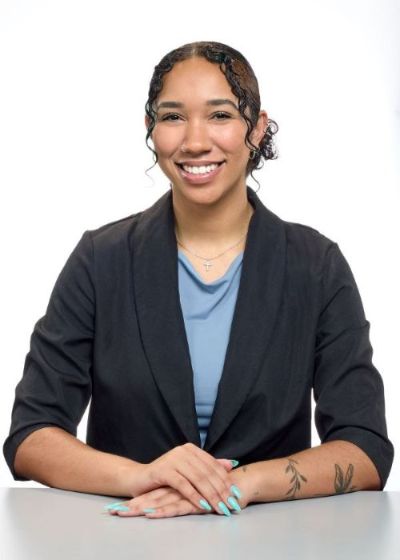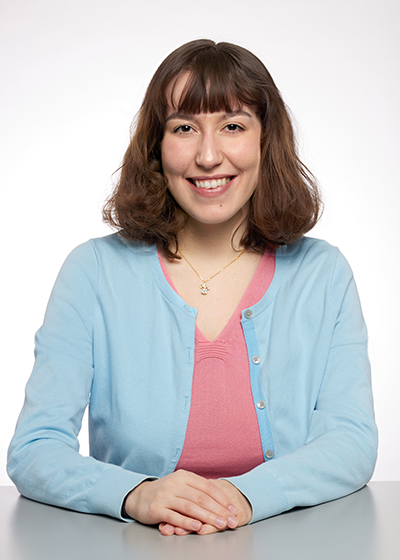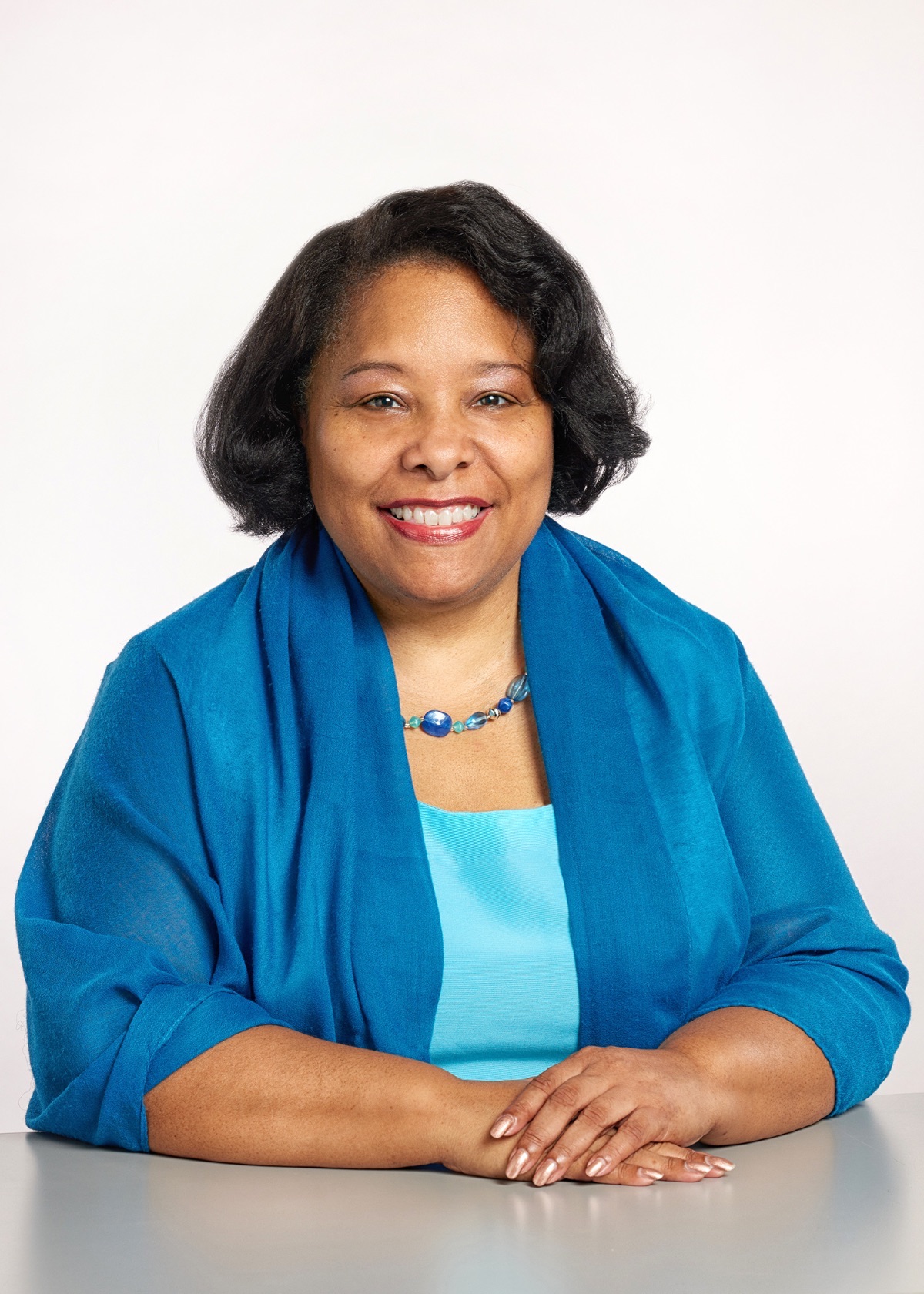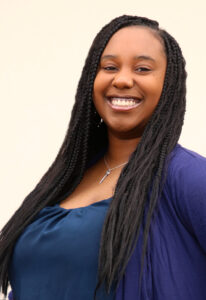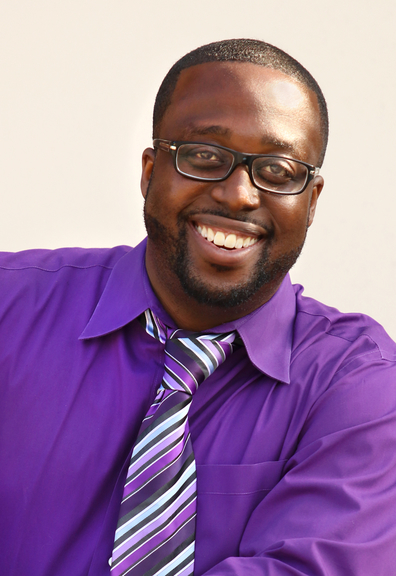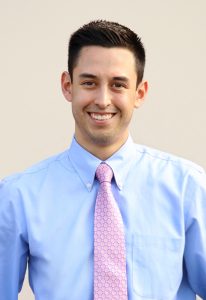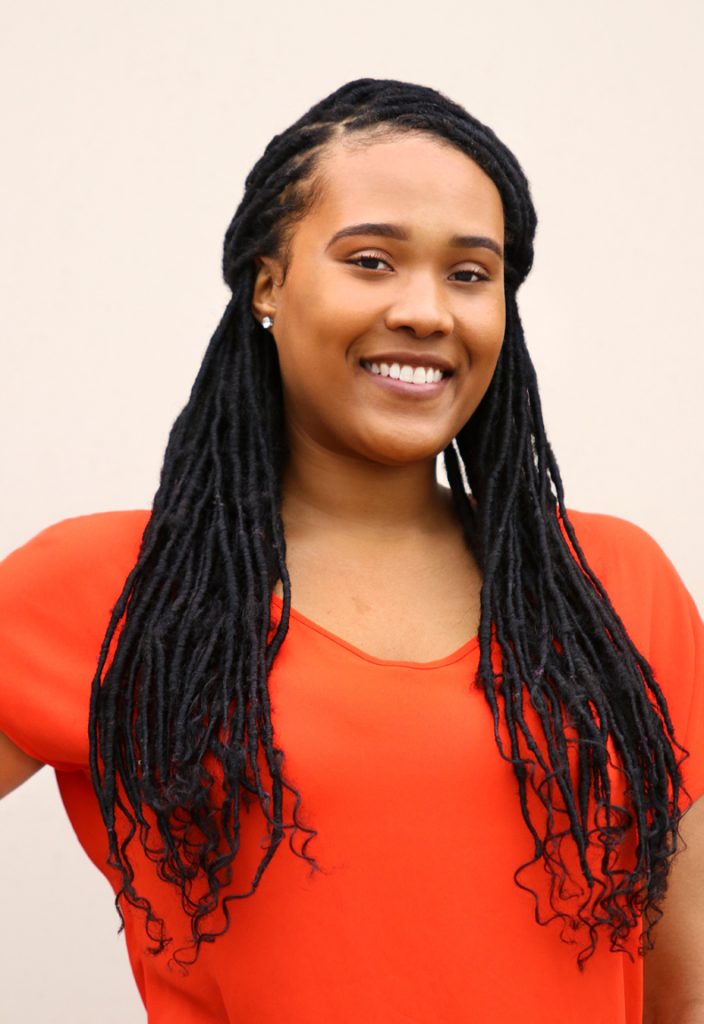Therapist Spotlight: Janynea Hutchinson, LGMFT
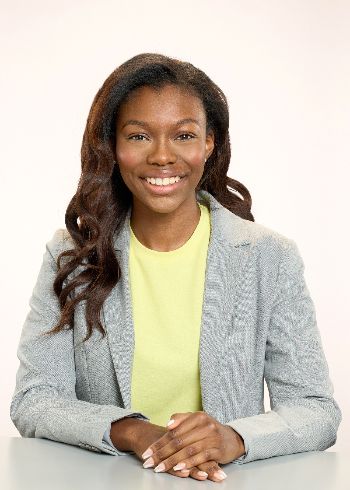
Friday, February 14th, 2025
Q: On behalf of the Relationship Counseling Center of Maryland (RCC), thank you for being on staff as a therapist! What has been the most exciting part in working with RCC and its clients?
I have already experienced the supportive and collaborative spirit of the RCC team. Recognizing the demanding nature of our work, the thoughtful and intentional approach to practice administration at RCC creates an environment crucial for our long-term well-being. The genuine care and respect demonstrated towards both clients and clinicians is truly inspiring. It is clear that RCC is committed to providing the highest quality of care, and I am grateful to be a part of such a dedicated and compassionate group.
Q: In your style of therapy, do you like to tackle the main issue head-on, or focus on the deeper issues first?
A: While I value direct communication and understanding the presenting issue, I believe that addressing the deeper issues that may be constraining a client’s progress is often more effective. These constraints can include underlying childhood socialization, previous relationships, past experiences or traumas, and even one’s self-concept. By exploring these underlying factors, we can gain a more comprehensive understanding of the challenges and develop more effective strategies for change.
Q: Have you yourself been to therapy?
A: Absolutely! I believe it is crucial for a therapist to engage in ongoing personal therapy to provide clients with the most supportive and unbiased therapeutic experience. My initial years of therapy assisted me in addressing my own areas of personal growth. It has now become a valuable part of my practice by allowing me to maintain my own mental health and ensure I can provide clients with the highest quality of care. I believe that personal journey has allowed me to understand the therapeutic process from a client’s perspective and be thoughtful in my approach as a clinician.
Q: What was the moment you realized you wanted to be a marriage and family therapist?
A: During college, I observed the significant impact of family dynamics on student well-being. This sparked my interest in the link between upbringing and emotional health. As someone who has always enjoyed helping others, I recognized this as an opportunity to use my natural inclination to make a positive difference in people’s lives. I believe that by helping couples and families navigate these challenges, I can contribute to a ripple effect of healing and empowerment, creating lasting positive change across generations.
Q: What do you like most about working with people?
A: The opportunity to learn about clients’ unique journeys is easily the most enjoyable part of my job. I am fascinated by the diverse range of upbringings, cultures, and viewpoints that shape each individual. While we all possess unique qualities, I am continually amazed by the shared human experiences of core emotions and the universal desire for connection. It’s a privilege to witness the beauty of human individuality and the power of interpersonal relationships. It is an immense privilege and honor to be invited into clients’ inner worlds and to support them on their journey of self-discovery.
Q: Outside of being a therapist, what are some of your hobbies?
A: I am currently rediscovering my love of roller skating, which has been an exciting and rewarding experience. Crafting also provides me with creative outlets. I often find inspiration for creative projects unexpectedly. A sudden idea, often accompanied by the thought “I can make that,” will lead me on an exciting (and sometimes chaotic!) creative journey. These activities allow me to bring a sense of playfulness to my life.
Q: What do you do for self-care?
A: Prioritizing self-care is essential for me to fully support my clients. In moments when I feel overwhelmed, I seek refuge away from external influences. I prioritize cultivating moments of peace and rejuvenation in my daily life through practices such as mindful meditation, reflective journaling, and enjoying a relaxing bath. Connecting with loved ones is also essential for my well-being. Sharing laughter and meaningful conversations with those I cherish fosters authentic connection and allows me to experience the supportive power of close relationships. These practices help me recharge and approach my work with renewed energy and compassion. Often, you can find me engaged in these activities with my cat snuggled close by.
Q: In your experience, what is the most important thing that can strengthen a relationship?
In my experience, the most crucial factor for a strong relationship is a sense of safety. This creates the space for individuals to feel comfortable being their authentic selves without fear of judgment. While honesty is vital, it’s crucial to remember that this genuine self-expression can only flourish within an environment where individuals feel safe and valued. The idea of fostering a safe and understanding environment applies to all kinds of relationships—whether romantic, familial, or platonic—and consistently enhances those connections, highlighting its profound impact.


